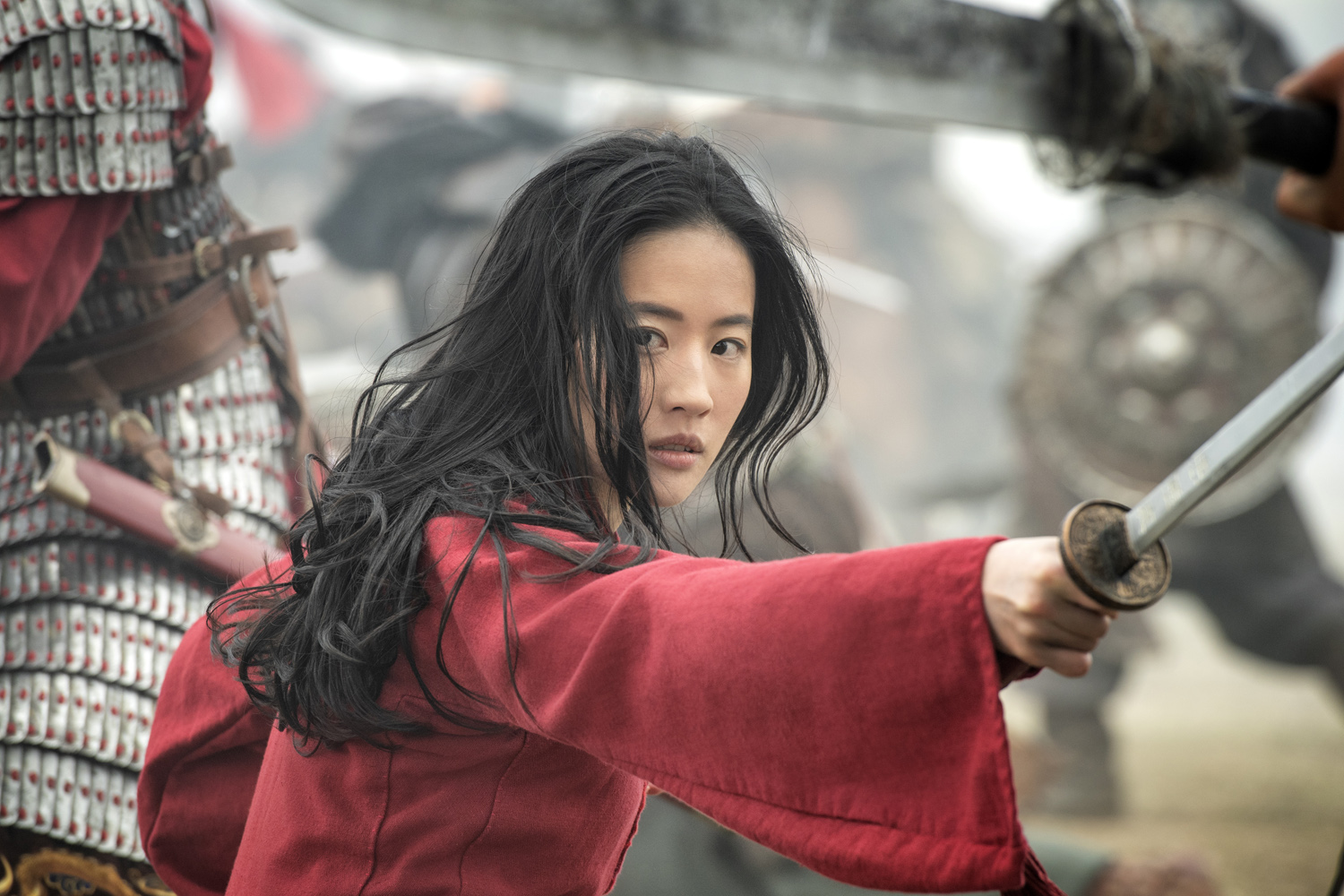As someone who grew up watching Disney’s “Mulan” (1998) on repeat, I was excited to hear that the live-action remake trend would continue with a remake of my favorite movie. Imagine my disappointment when I found out that some of my favorite characters would be excluded and that the songs (objectively the best soundtrack of any Disney film) would be cut. Being an American who grew up on “Mulan,” I was outraged that Disney would take these precious characters away from us loyal fans — until I realized that maybe this remake was not made for me.
Disney has historically gone one of two ways with its live-action remakes of beloved films: Either it sticks closely to the plot and shots of the original, as in “Aladdin,” or it changes up the story as in “The Jungle Book.” Both takes have been successful and illustrate Disney’s attempt to do more justice to its nonwhite characters than in the past. In a change from their recent remakes, the new “Mulan” boasts an all-Asian cast whereas “Aladdin” and the animated sequel to “Frozen” both had more racially-ambiguous casting.
The new “Mulan” promises to be a change from the original — ostensibly for the better. Rather than going with a Chinese director as fans had hoped, New Zealander Niki Caro took the helm. Caro explained that “Mulan” is ultimately a Disney film and the choice of director had more to do with that than the fact that it “belongs to China.” Non-Chinese Disney fans may not know — I certainly didn’t — that “Mulan” is based on an actual Chinese legend told through the Ballad of Mulan.
Caro has worked with experts on Chinese culture to make this film as authentic as possible, but he has also worked to make it appeal to a Disney audience. In short, the filmmakers are trying to keep the fans of the 1998 “Mulan” and gain fans who are looking for a more authentic representation of Chinese culture. It’s an ambitious project, but with a $200 million budget Disney seems confident that it will pay off.
The original “Mulan” was considered an offensive exoticization of their culture by Chinese people, which is why Caro emphasizes authenticity. It appealed to many Disney fans, however, because it was “interesting and exotic,” with goofy characters, a focus on a love story between Mulan and Li Shang and an iconic soundtrack complete with stereotypical Chinese tunes. One Huffington Post writer called it “a straight out American movie decorated with Chinese accessories to make it interesting and exotic.”
One such Chinese accessory is the beloved dragon sidekick, Mushu, voiced by Eddie Murphy in the animated original. Mushu is the self-appointed guardian of Mulan and comic relief but will be cut from the remake to make way for a more authentic sidekick (because every Disney lead needs an animal to talk to). Mulan will have a phoenix by her side, a mythical creature symbolizing the union between masculinity and femininity according to Chinese legend.
Many of the songs have been changed to take on a more serious tone, because, as Caro explained, “People don’t tend to break into song when they’re going to war.” Caro’s re-dramatization of Mulan will be more somber to reflect the severity of the historical narrative. This is no longer a cookie-cutter Disney tale of love and adventure, but one of war. On that note, the most controversial change from the original is that the love interest Li Shang will not be in the new “Mulan” at all.
In the Disney original, Li Shang is Mulan’s superior in the army. The two fall for each other while Mulan is still dressed as a man. Having fallen for what he thought was a man, Li Shang was celebrated as an LGBTQ+ icon by fans of the original. In the remake, Li Shang’s role is split into two characters: a mentor named Commander Tung and a love interest in Mulan’s army, comrade Honghui (Yoson An). The filmmakers cited the #MeToo movement, saying that romance between a young woman and her superior didn’t feel right in the wake of so many celebrities sharing stories of sexual misconduct.
Fans initially worried that eliminating Li Shang was secretly done on behalf of the Chinese government, which has historically been unwelcoming to the LGBTQ+ community. But Yoson An, the actor who plays Honghui, says he is ready to become an LGBTQ+ icon and reassures fans that the romantic relationship between Mulan and his character is very similar to the original. So, while the filmmakers are working closely with the Chinese government to make this a Chinese film in terms of historical accuracy, it will also stick to the plotlines that their Disney fanbase will be looking for.
After many controversies surrounding the changes, the live-action remake of “Mulan” promises to be an entirely new film that merges the traditional Chinese tale of Mulan and the beloved 1998 Disney film. Originally scheduled for release on March 27, 2020, the date has been pushed back to avoid a box office flop due to the coronavirus. Eager fans new and old will have to wait and see if Disney managed to pull off their attempt at cultural and brand authenticity.

















